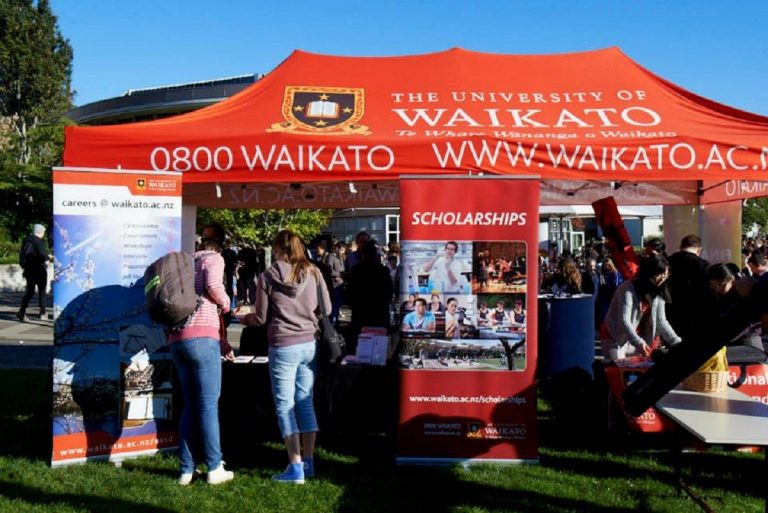
The proposed medical school aims to supply the doctors needed in the country’s rural and high health needs communities, thus breaking its current chronic trend of importing foreign doctors, Stuff reports.
The New Zealand government is now considering the joint initiative by Waikato University and the Waikato District Health Board. If the plan succeeds, it can stem the international brain drain it has caused, where doctors, particularly from developing countries, are lured overseas to work instead of in their home country, where the need for them is greater.
“New Zealand has the worst medical workforce in the world because it’s got the highest number of overseas doctors practising per capita in the OECD (Organisation for Economic Co-operation and Development),” Flinders University Professor Kevin Forsythsaid.
“New Zealand is top of the league table.”
New Zealand urged to stop pinching overseas doctors https://t.co/k63IZqQWmz
— Lenny Young (@thingtom) June 24, 2017
An OECD report in 2008 highlighted concern over New Zealand’s over-dependence on foreign-trained doctors. Stuff reported the same year that the number of the country’s medical graduates was 7.9 for every 100,000 citizens, far behind the OECD average of 9.4.
The country recruits 1,100 foreign doctors each year to meet its health demands – a situation that puts it in a moral and practical predicament.







